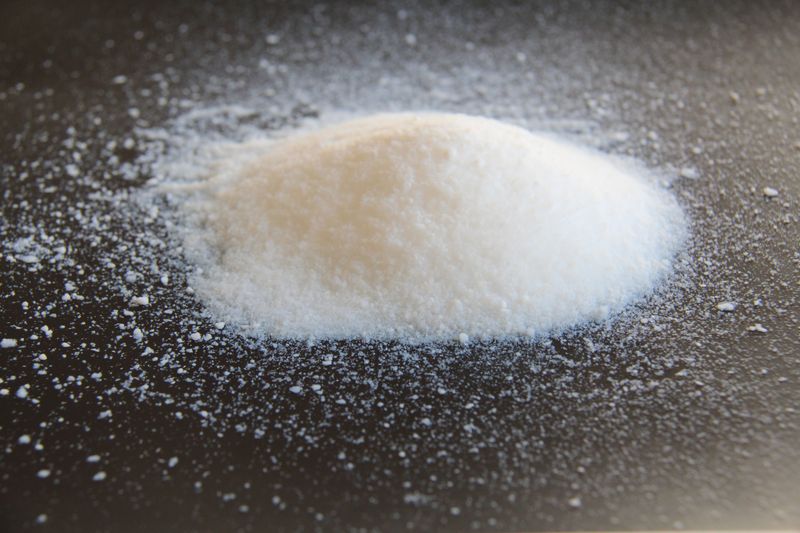
Silica powder is a non-toxic, odorless, non-polluting inorganic non-metallic material, which is made of natural quartz (SiO2) or fused quartz (natural quartz melted at high temperature and cooled amorphous SiO2) through crushing, ball milling (or vibration, Jet mill), flotation, pickling purification, high-purity water treatment and other multi-channel processes.
Microsilica powder has: refractive index 1.54-1.55, Mohs hardness about 7, density 2.65g/cm3, melting point 1750°C, dielectric constant about 4.6 (1MHz).
Its main properties include:
Good insulation: Due to the high purity of silicon micropowder, low impurity content, stable performance and excellent electrical insulation performance, the cured product has good insulation performance and arc resistance.
It can reduce the exothermic peak temperature of the epoxy resin curing reaction, reduce the expansion coefficient and shrinkage rate of the cured product, thereby eliminating the internal stress of the cured product and preventing cracking.
Corrosion resistance: Silicon micropowder is not easy to react with other substances, and does not react chemically with most acids and alkalis. Its particles evenly cover the surface of objects and have strong corrosion resistance.
Reasonable particle gradation can reduce and eliminate precipitation and stratification during use; it can increase the tensile and compressive strength of the cured product, improve the wear resistance, increase the thermal conductivity of the cured product, and increase the flame retardancy.
Silica powder treated with silane coupling agent has good wettability to various resins, good adsorption performance, easy mixing and no agglomeration.
Silica powder is used as a filler and added to the organic resin, which not only improves the properties of the cured product, but also reduces the product cost.
